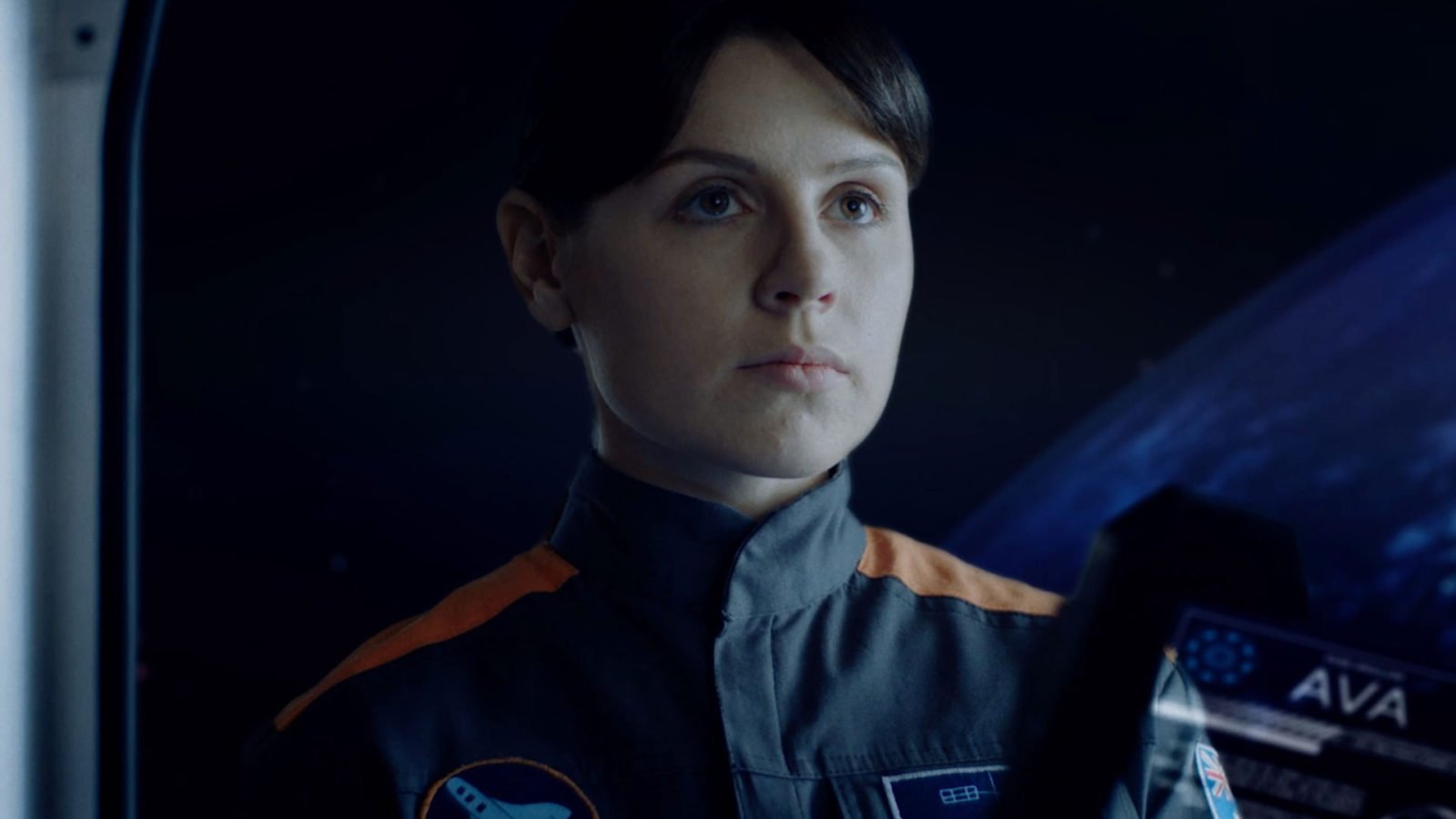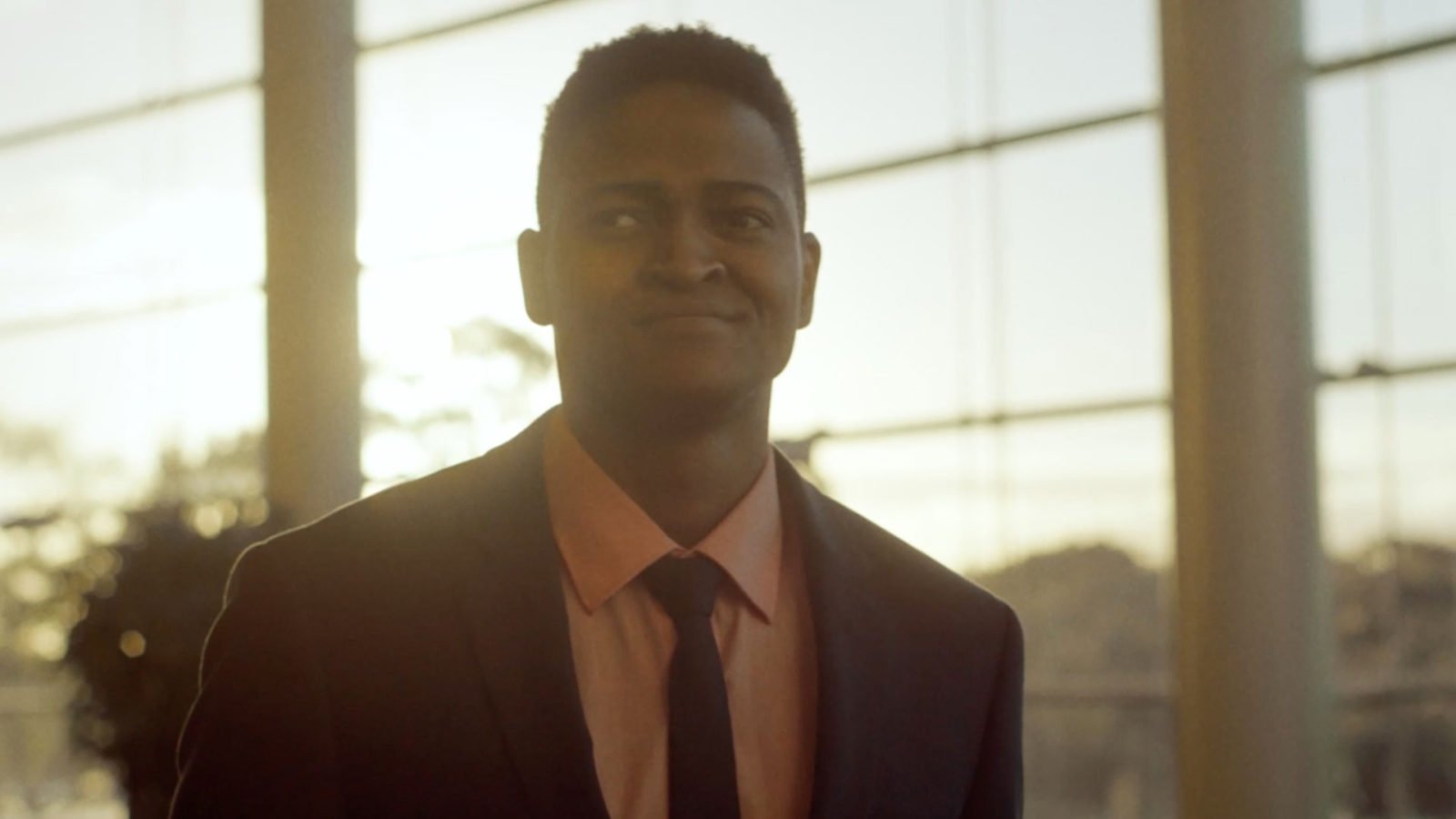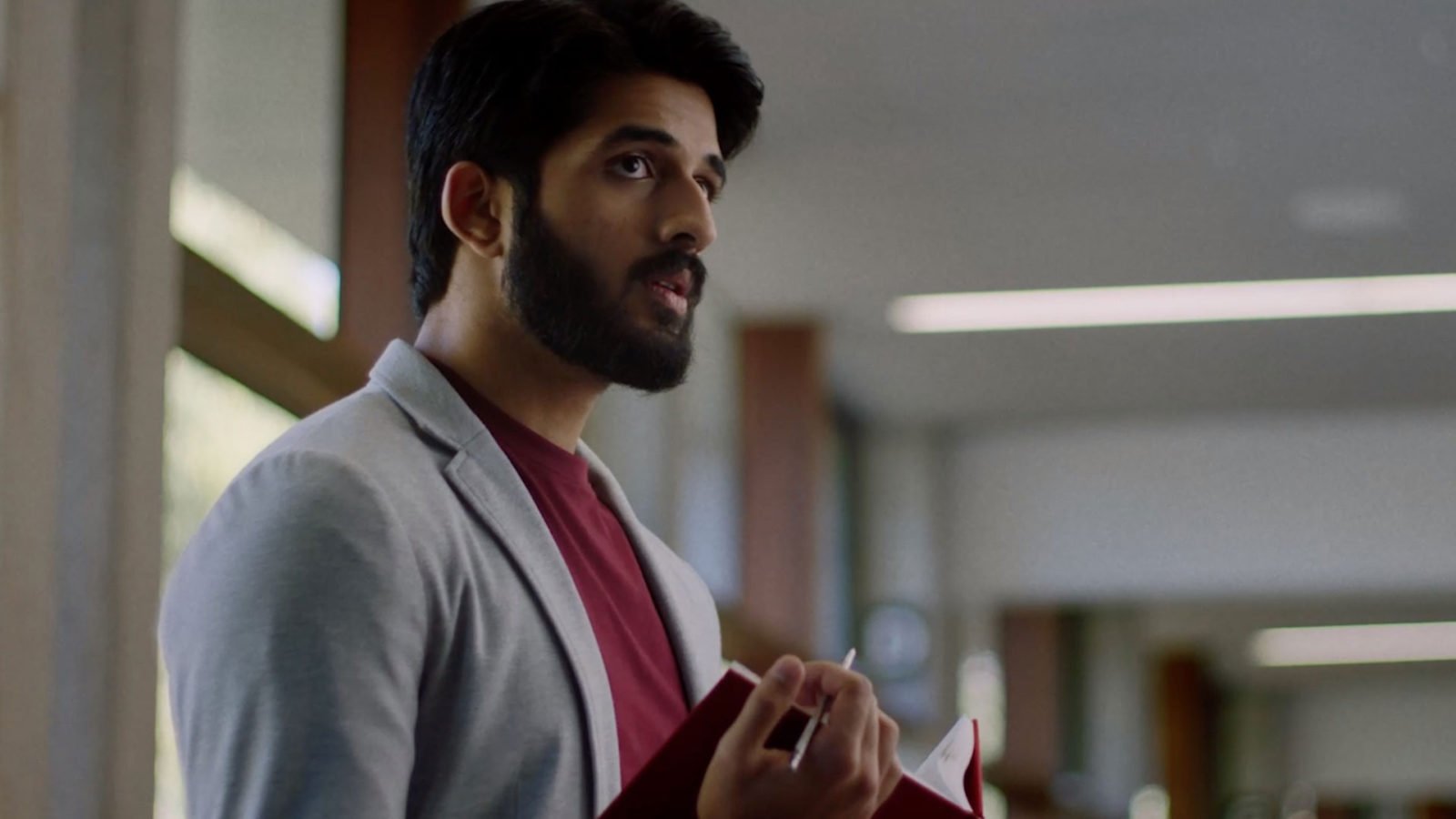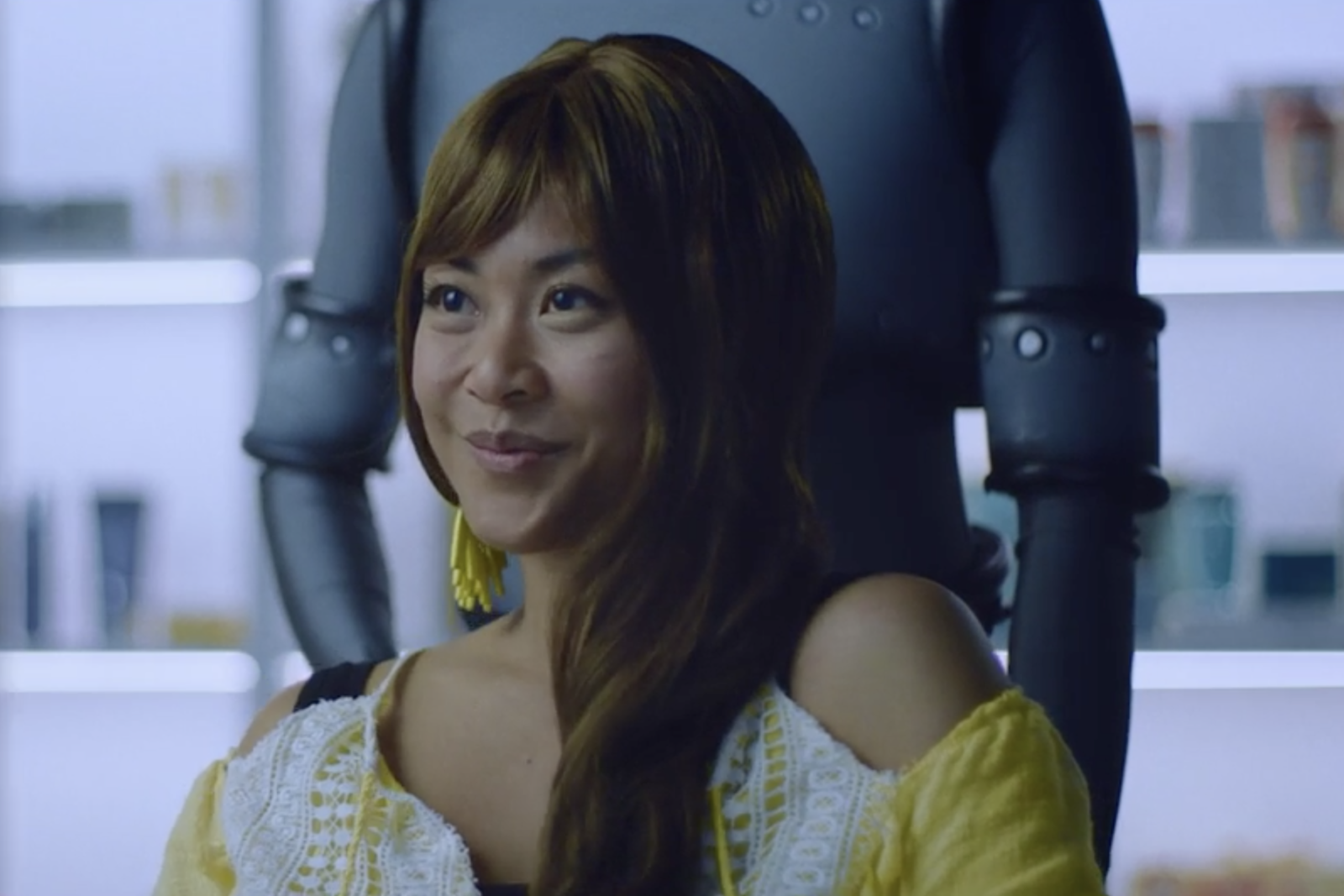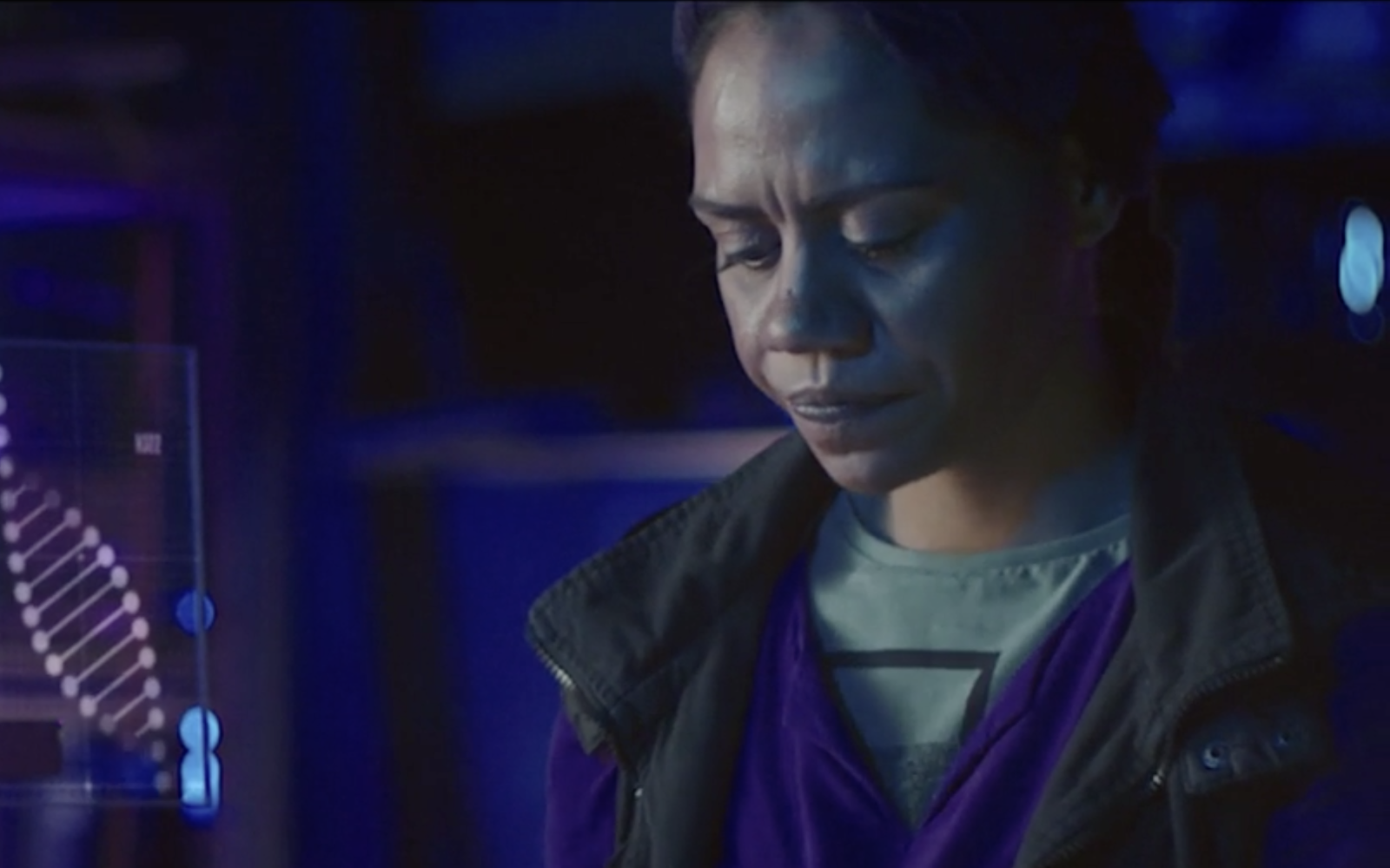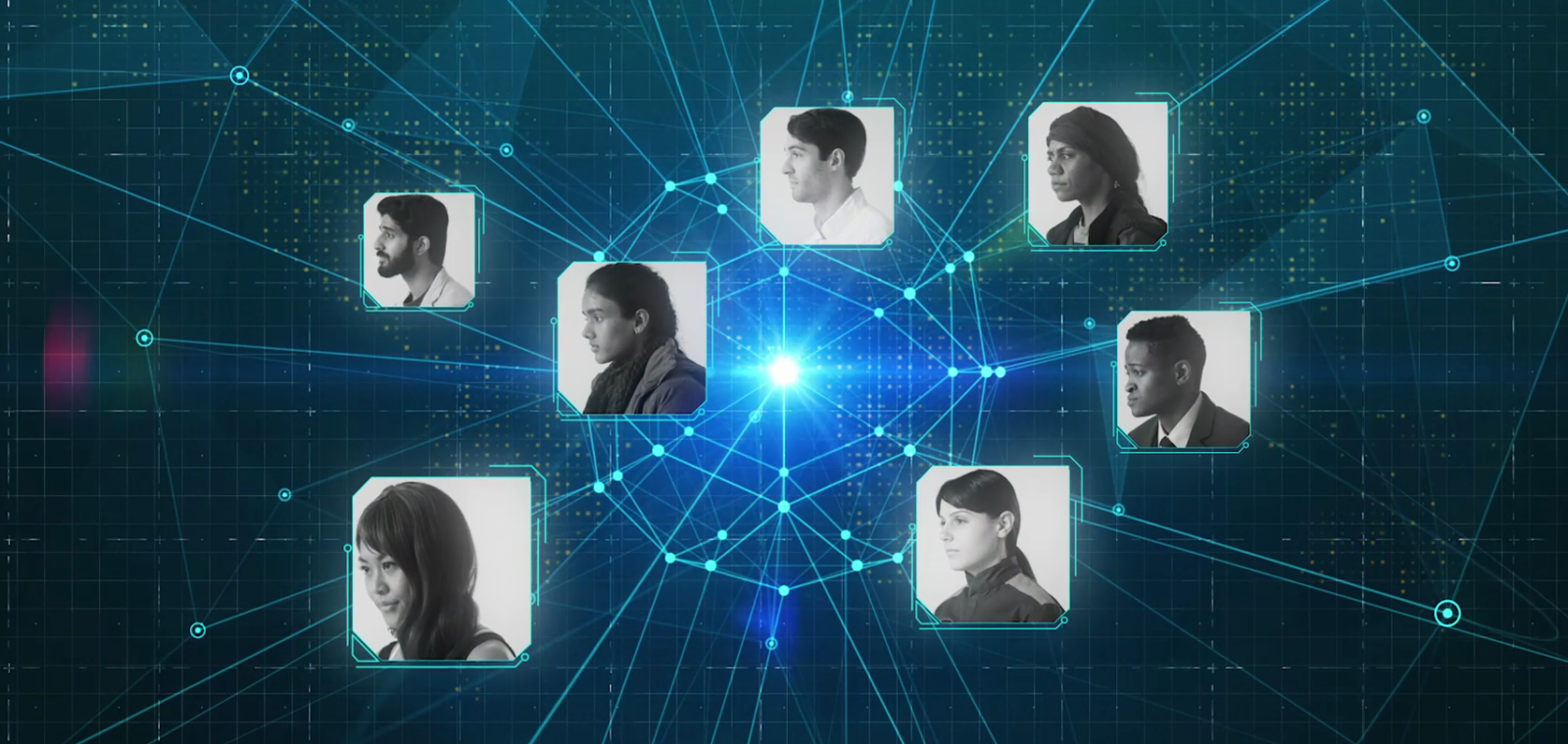Alex
Do you want to help keep people healthy?
Make it a career with UniSA
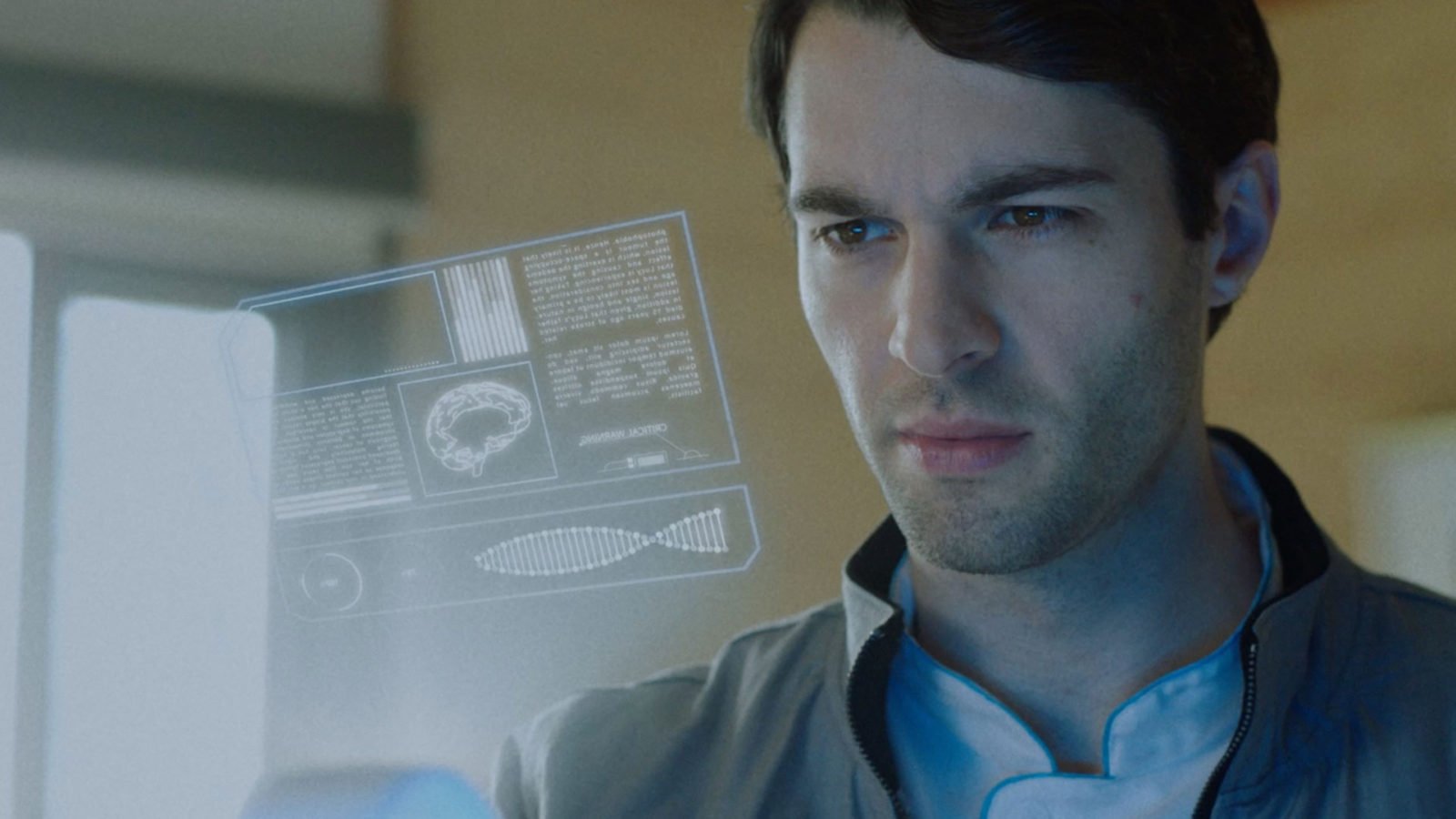
Exhibit Details
Open Nov 2019
Futures GalleryLevel 1
- Nurse Alex
- Discover More
- Study Links
Alex works as a nurse with the elderly, but is stationed remotely. Instead of living in nursing homes, the patients stay at home longer. They are observed through their wearable medical devices by nurses like Alex and reach out when they have concerns. This is why Alex was so shocked that their great-grandmother stopped monitoring her health. In a world where everyone lived longer and stays healthy, why would anyone do such a thing?
Revamping health
When we think about health care today, we think about putting out fires. You go to the doctors when you’re in pain or when you’re bleeding or oozing somewhere you shouldn’t be. It won’t always be like this. By 2040, researchers think that people will be at the centre of the health care system. Surrounding us will be a network of care, with doctors and pharmacists and allied health all looking out for us. Health will be defined as a state of wellbeing. Feeling healthy will be normal. We are more likely to be monitoring ourselves in health, not illness.
This monitoring has grown exponentially over recent years. Everyone either has a Fitbit or a smart watch or a phone that tracks their steps or sleep. This technology has neatly integrated into our lives and the industry is growing. Health monitoring devices are likely in the future. Embedded in our skin or built into our homes, they could be anything from smart contact lenses that check for cancer or toilets that check your urine.
This is representative of the biggest change that will hit the health care system: personalised medicine. Health today is built on standards of care. 10,000 other people have responded to a medication, so chances are you will too. But there are lots of things that make us different — age, family history, diet, and genome for instance. This is where personalised medicine comes in. Moving away from this “one-pill-fits-all” approach, personalised medicine is already in development. By working on individual characteristics, we can offer new approaches to diagnosis and therapy.
With such a close focused approach on health, it’s not surprising that Alex is busy at work and can’t visit great-grandmother’s house. Go visit her house and see if you can find any clues as to why she stopped monitoring her health.
Take a Tour:
Watch:
Read:
- Wearable medical tech is about to become crucial for staying alive
- How personalised medicine is transforming your healthcare
- 12 innovations that will revolutionise the future of medicine
- Interested in ethics? Read the summary of our Ethos Forum on smart devices
Listen:
Now more people are living at home until later in life, Alex works remotely to monitor them, staying on call if they need urgent support. Health care is going to look different in the future. Do you want to be one of the people that help to make it what it becomes?



